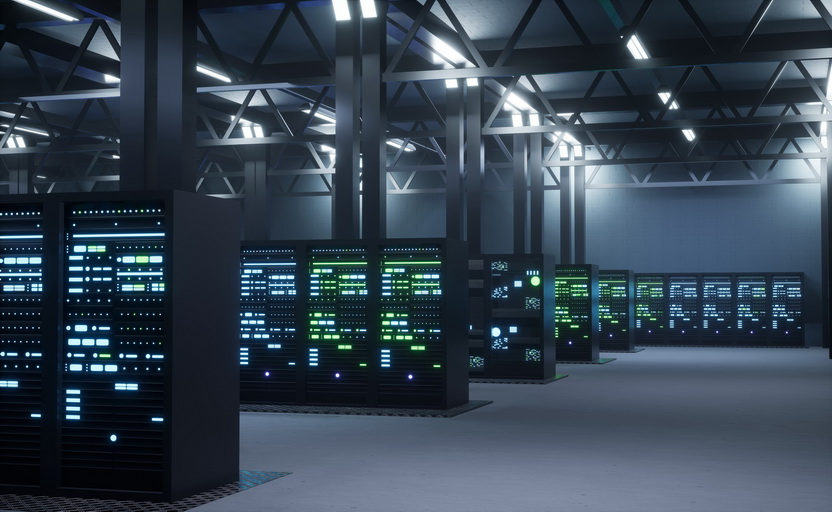Recent advancements in Artificial Intelligence (AI) and Machine Learning (ML) have significantly impacted various industries. SCADA (Supervisory Control and Data Acquisition) systems, as essential tools for monitoring and controlling industrial processes, can achieve a new level of efficiency, accuracy, and intelligent decision-making by incorporating these advanced technologies. In this article, we will explore how AI and ML are integrated with SCADA systems and their impact on improving industrial performance.
AI and ML: Tools for Enhancing SCADA Systems
SCADA systems traditionally focus on collecting data and controlling processes. By integrating AI and ML, these systems acquire new capabilities, such as advanced data analysis, fault prediction, and process optimization.
Key Capabilities of AI and ML in SCADA Systems:
- Predicting Equipment Failures: Machine learning algorithms analyze historical data to predict equipment malfunctions and prevent unexpected downtime.
- Detecting Anomalies: AI identifies deviations in production data, enabling early detection of potential issues.
- Automated Process Optimization: Real-time data analysis by AI systems allows automatic adjustments to optimize production processes.
Benefits of Combining AI and ML with SCADA Systems
- Increased Productivity: Enhanced monitoring and control with AI improve productivity and reduce operational costs.
- Reduced Downtime: Predictive maintenance and quick troubleshooting minimize equipment downtime.
- Accurate Data Analysis: Machine learning extracts valuable patterns from large volumes of data generated by SCADA systems, aiding strategic decision-making.
- Greater Flexibility: AI-powered systems quickly adapt to changes in production conditions or environments.
Practical Applications of AI and ML in SCADA Systems
1. Oil and Gas Industry
AI can detect gas or oil leaks early, preventing severe accidents and ensuring safety.
2. Power Generation Industry
Machine learning optimizes energy consumption in power plants, enhancing system efficiency.
3. Manufacturing Industry
AI and ML identify defect patterns in production lines, improving product quality and reducing waste.
Challenges and Obstacles
While the benefits of integrating AI and ML with SCADA are immense, these technologies face some challenges:
- High Initial Costs: Implementing advanced AI-based systems requires significant investment.
- Need for High-Quality Data: Machine learning depends on accurate and clean data; poor-quality data can affect its performance.
- Security Concerns: SCADA systems are often connected to industrial networks, and incorporating AI and ML may introduce new security risks.
The Future of SCADA with Artificial Intelligence
With continuous technological advancements, SCADA systems powered by AI and ML are moving towards full automation. These systems not only optimize processes but also provide in-depth analysis and advanced decision-making, helping industries achieve their goals of cost reduction and increased productivity.
Conclusion
The integration of Artificial Intelligence and Machine Learning with SCADA systems opens a new gateway to intelligent automation. Companies leveraging these technologies can benefit from enhanced performance, improved safety, and cost savings. To fully capitalize on these opportunities, selecting specialized companies and adopting modern technologies are essential.




